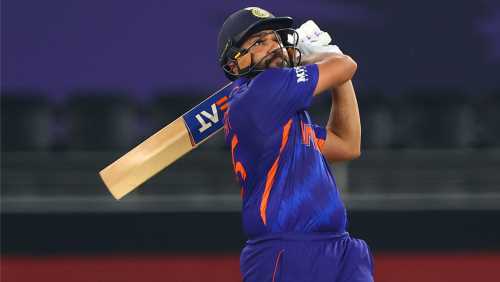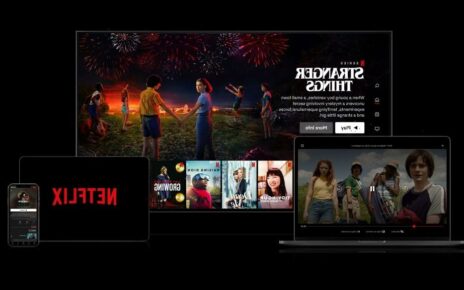The more things change, the more things stay the same, appeared to be the proposition of two Wall Street insiders on the current entertainment landscape and the inviolable position of sports within it.
“These are tough times,” intoned Joe Ravitch founder and partner of media focused investment firm Raine, speaking last week at the APOS media conference in Indonesia. But “sports content is the only form of appointment viewing still remaining [in a changing media and entertainment landscape.”
In Ravitch’s view, sports is, “the last bastion of value.” It is highly sticky, driven by cross-border interest, even family loyalty, and powered by fanaticism.
Financial analyst, Michael Nathanson explained how the U.S. cable TV bundle is shrinking by 5 million subscribers per year and may fall to 50 million within three to four years. “But sports fans are the ones staying with the bundle, as entertainment consumption [on TV] has fallen,” said Nathanson. As the number of cable households shrinks, prices for those who remain are likely to be driven up.
Ravitch also forecast that sports rights prices will continue to inflate and not hit a ceiling in the foreseeable future.
That is sustainable because of the vastly expanding opportunities for sports to create revenues.
These include: the creation of new leagues; wider following of women’s sports’ the creation of specialized sports streaming services by leagues, clubs and stars; combinations of leagues across different sports; digital assets, and forms of sports programming that do not involve broadcast rights, a route broadened for others by Netflix’s hit Formula One show “Drive to Survive.”
Ravitch, who was previously involved in the sale of English soccer club Chelsea, proposed that two other forces will continue to propel sports into the stratosphere. These are the impact of gambling, which is being legalized in some territories, and the arrival of new sources of financing.
These include private equity, which was previously barred in some territories, due to the risk of debt over-leverage, and wealthy Middle East investors. Some of these may be seeking to include media and entertainment within their diversification portfolio, but without the controversies of news journalism. Sports is an attractive proposition, even if Middle East investors lay themselves open to the charge of sports-washing.
A separate panel discussion focused more specifically on Asian and Middle Eastern sports and on fandom heard several speakers describe fast-changing sports industry structures and the potentially lucrative opportunities to be had from catering to fans.
Carlo Nohra, COO of the Saudi Pro League, soccer championship, described how nearly every aspect of the game’s management had to be built from scratch. But by being able to bring in great players has “fast-tracked” government involvement. “We now need to live up to the hype,” Nohra said. With 38 broadcasters of the league spanning over 100 countries, the league has been able to increase revenue up 600+%, admittedly from a low base.
Junas Miradiarsyah, CEO of the Indonesian Basketball League, lamented that other sports struggle to overcome Indonesia’s football (soccer) culture. But he said, “Now is the time to scale up the competition. Our national men’s team recently won a gold medal.” And he remained in story-telling mode.
“Sports events need to stop thinking of themselves as event organizers and start thinking of content production organizations,” he said. “We need to create stories in Indonesia [and] create a better market for ourselves.”
Yannick Colaco, co-founder of FanCode, described the Indian landscape as changing too and how fandom is part of that process. India, where the top of mind sport is cricket, is experiencing the penetration of participatory sport seek wider into youth culture. That is something that will enable further development of leagues, derivate formats and monetizable media opportunities.
“Fancode is about access and experience. We see ourselves as a content company,” Colaco said. “The development of content around live sports is going to grow. And it will be generated cheaper.”
Read More About:
Source: Read Full Article

